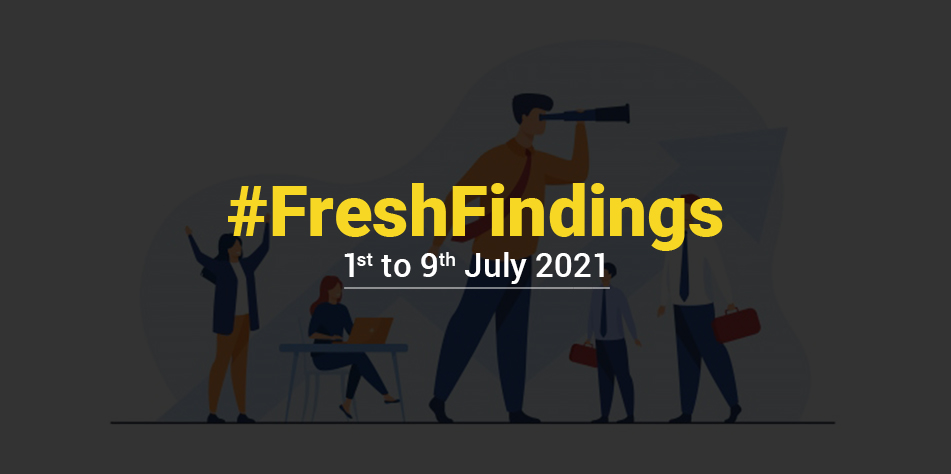
Related Fresh Findings

D2C model, a game-changer for many brands during the pandemic
With consumers increasingly shifting to ordering online, the direct-to-consumer model has helped firms deliver goods faster, build trust and earn better profits
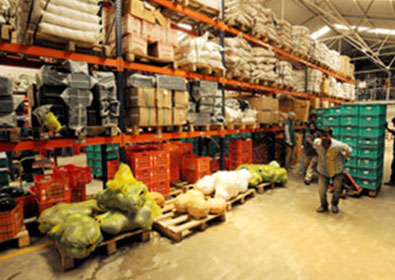
Tatas to work closely with BigBasket on win-win synergies; focus on strengthening D2C approach
MCG firm Tata Consumer Products Ltd (TCPL) will work "very closely" with BigBasket, an e-Commerce platform that was recently acquired by the Tata Group, to drive win-win synergies in terms of costs and topline. . . . is also focussing on enhancing its direct-to-consumer channel (D2C) approach of selected coffee brands and their specific websites.
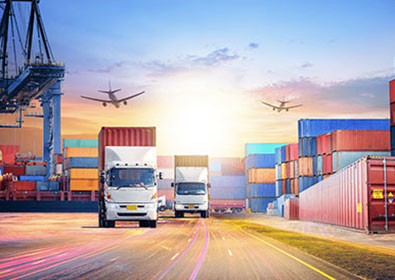
How Indian D2C Brands Are Optimising Logistics To Reduce Costs And Grow In A Competitive Market
first-time online consumers from ‘Bharat’ are helping open multiple business opportunities for D2C brands. In 2020, the National Highway Authority of India announced 23 new expressways covering 7,800 km. Together, these projects will ensure better land transportation, reduce logistics costs and bring in new sets of customers so that D2C brands can thrive and grow.
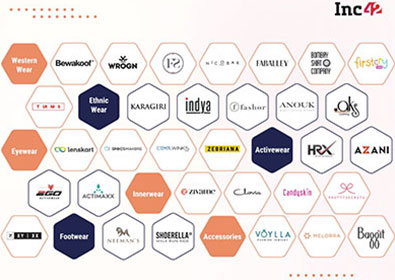
Inside India’s D2C Rush: How India’s D2C Fashion Brands Are Cracking The $43 Bn Opportunity
Despite the lack of touch and feel in the time of stringent social distancing, fashion retailers have pushed their products online and seen good business. But it has not happened without the tech edge. AR/VR and machine learning have been extensively used for product viewing and virtual fitting. Return policies have been relaxed to give customers a much-needed window.

A $100 billion opportunity: Here's what is fueling India's D2C disruption
From fashion and consumer electronics to beauty and food, these are new-age digital-first brands that have seen massive adoption over the past few years and are now taking on legacy brands through a direct-to-consumer (D2C) approach. These brands are targeting the growing category of digital shoppers, engaging with them directly to identify gaps and create niche products for them.
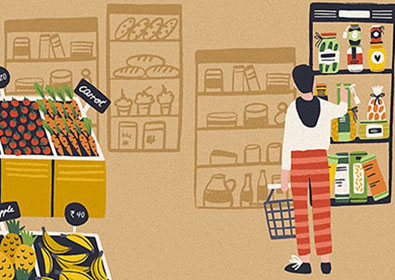
Why D2C brands are eyeing the offline path after tapping online channels
After reaching out directly to consumers amid the pandemic, D2C brands are eyeing a phygital approach. The idea is to build an offline presence to increase penetration and volumes, reduce customer acquisition costs, and grow sales.
From the archive

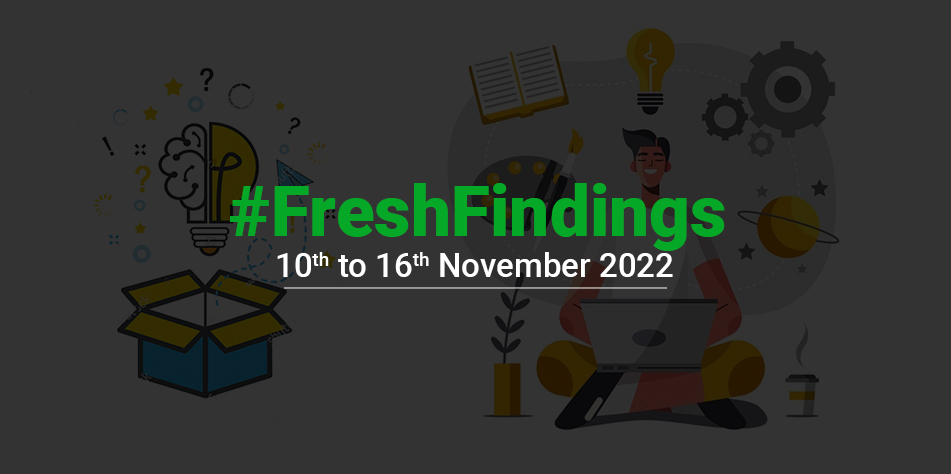
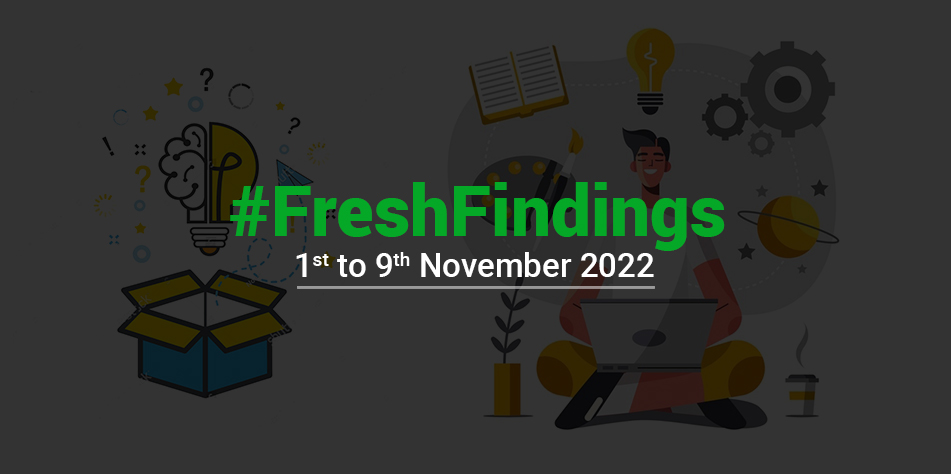
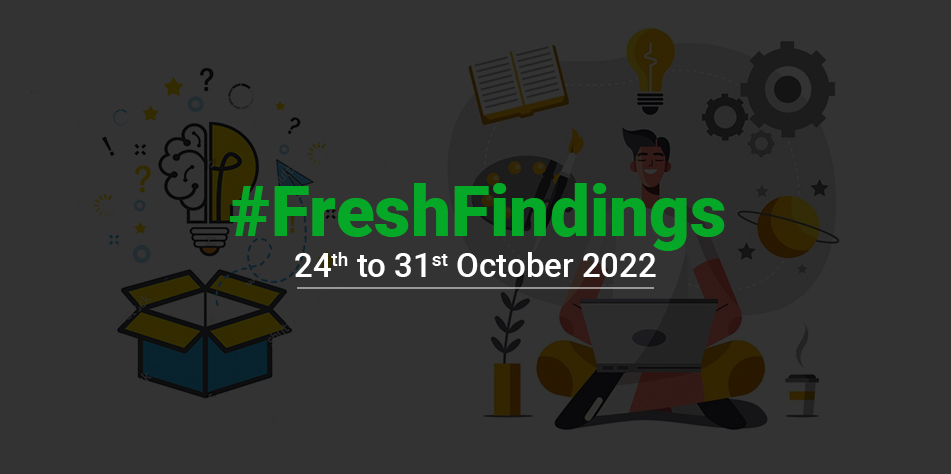
Leave a Comment